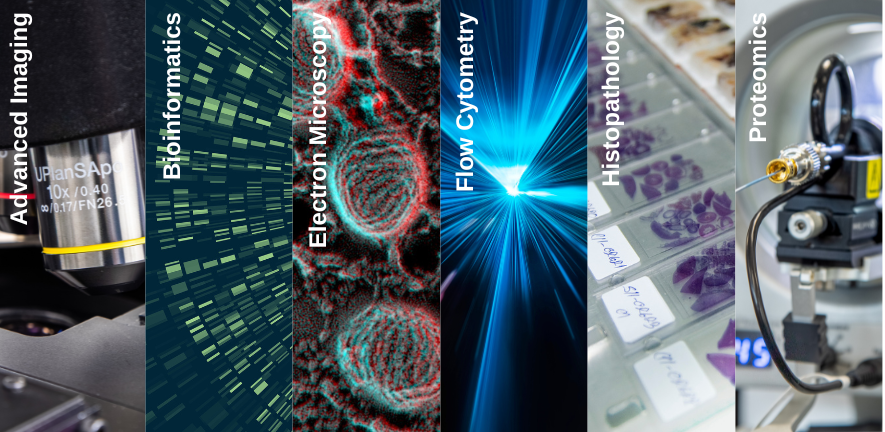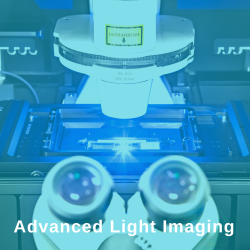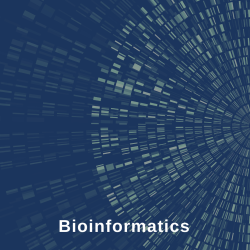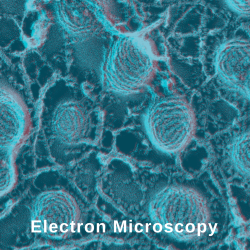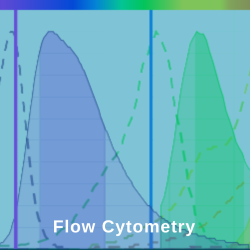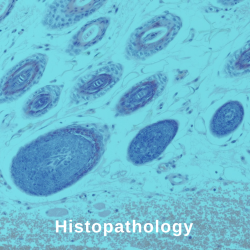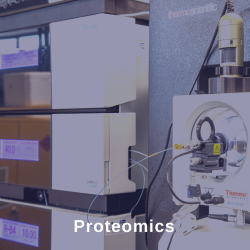The MRC Toxicology Unit studies how cells, tissues and simple organisms react to different types of injury, triggered by environmental agents as well as by endogenous molecules. We use an integrated approach to complement the broad scope of research in toxicology, working to produce fundamental advances in biomedical science.
The Science Facilities support and interact with the research programs to provide cutting-edge technology in Proteomics, Electron Microscopy, Advanced Imaging, Flow Cytometry, Histopathology and Bioinformatics. Not only do we have advanced technology but also experienced research scientists who provide advice on the design of experiments, support subsequent analysis and train of research staff.
The buttons below give an overview of each facilities’ work and the staff members who specialise in those areas.


